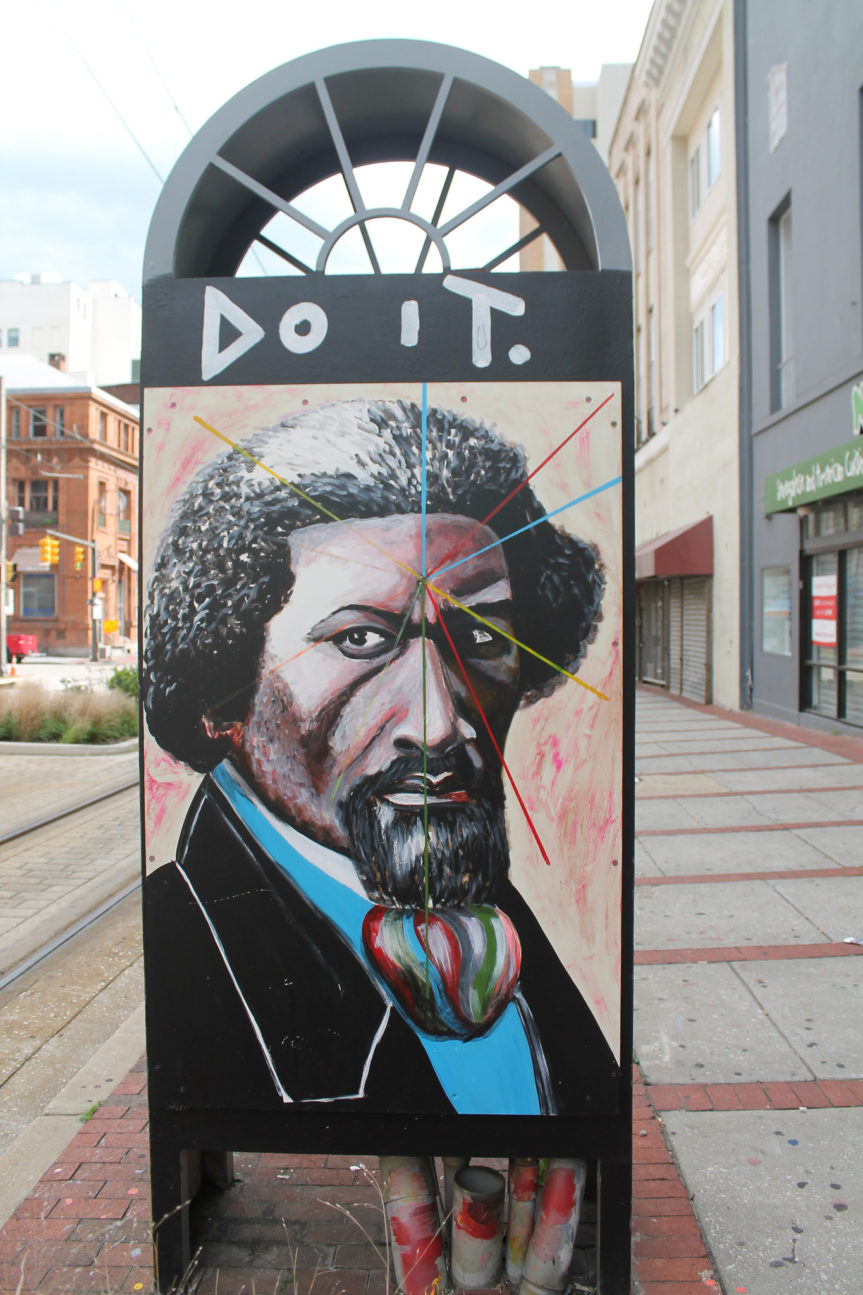A guest post from school board candidate Mark Hurty, we always welcome solution oriented guest posts
Back in 2008, when he was leading the Ella Baker Center here in Oakland, Van Jones articulated a bold and modern reworking of Franklin Delano Roosevelt’s New Deal. The key feature of FDR’s new deal was that it put the unemployed to work while improving the functional and cultural infrastructure of the nation. The Green New Deal that Jones envisioned did the same, proposing to train and employ a large workforce to improve the green infrastructure of the nation for the purpose of saving our environment. Jones’ visionary Green New Deal has been adopted by many politicians and activists, but it’s helpful to remember that his vision has its roots here in Oakland. Jones’ idea was that we could address the dual issues of underemployment and climate change with a single bold initiative that trained workers in a green collar economy.
We need a similar new deal today. As we grapple with the lack of broadband internet access for our most vulnerable youth in urban communities like Oakland, we could address two problems in a single stroke. Unemployment has exploded in the past few weeks and students and teachers have been forced find ways to connect virtually. A coordinated program that trains unemployed workers to connect homes to lifeline services offered by internet service providers would address both problems.
Broadband access to the internet is table stakes for a comprehensive remote learning program. But that access is increasingly out of reach of many families in the country. As a nation we could have chosen to make access to the internet a basic service available to every American as a benefit of citizenship. The nation could have chosen to build the infrastructure for delivering network access to every address as an investment, supported by taxes. We chose a different option, though, offloading that infrastructure investment to profit-focused corporations (so that we could cut taxes for the wealthiest Americans). Included in our deal with those corporations was a provision for providing discounted services to families that couldn’t afford the luxury pricing that ISPs offered. Those discounted services are typically difficult to access due to complex applications and qualification processes. Making access universally and easily available to every citizen requires that we unravel the complexities that were created as a result of the choices we made as a nation decades ago. That’s a long process and will not be easy. But in the face of this current crisis, we could step up and create and train teams of Oakland youth within our community to assist in the process of applying for and installing the services that are necessary for providing access for our students. And with sufficient pressure, (like Dirk Tillotson applied when he pressured Comcast to relax its draconian rules that limited access to their offering) we can begin the process of moving towards equitable access for all.
Our founding documents guarantee the right to life, liberty, and the pursuit of happiness as fundamental. To guarantee those rights, we also need access to basic services: healthcare; housing; nutrition; education; and an opportunity to work. Within each of those broad services are the implied access to services like access to information. Without equitable access to the internet we are denying citizens the enjoyment of their inalienable rights.
A joint effort of Oakland’s Mayor, our OUSD leadership, and concerned citizens could step up and make this happen.

